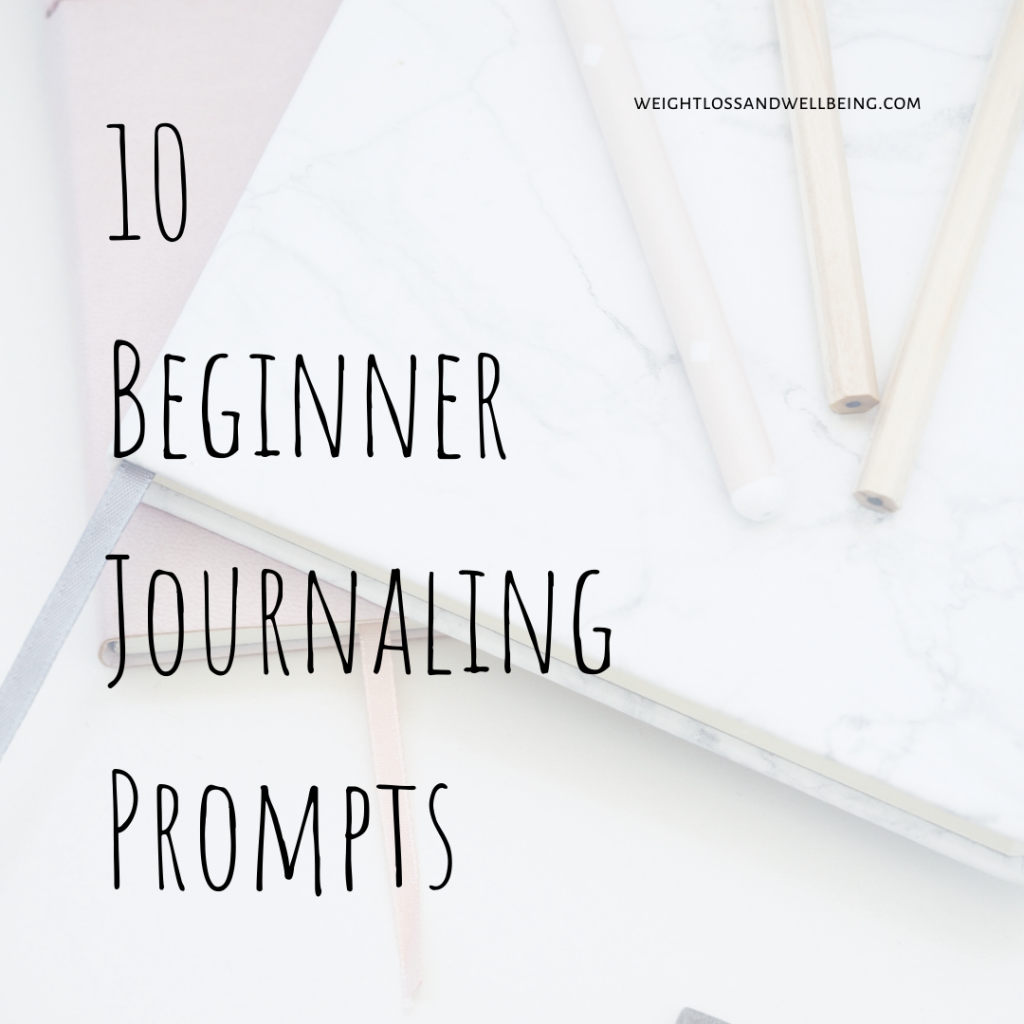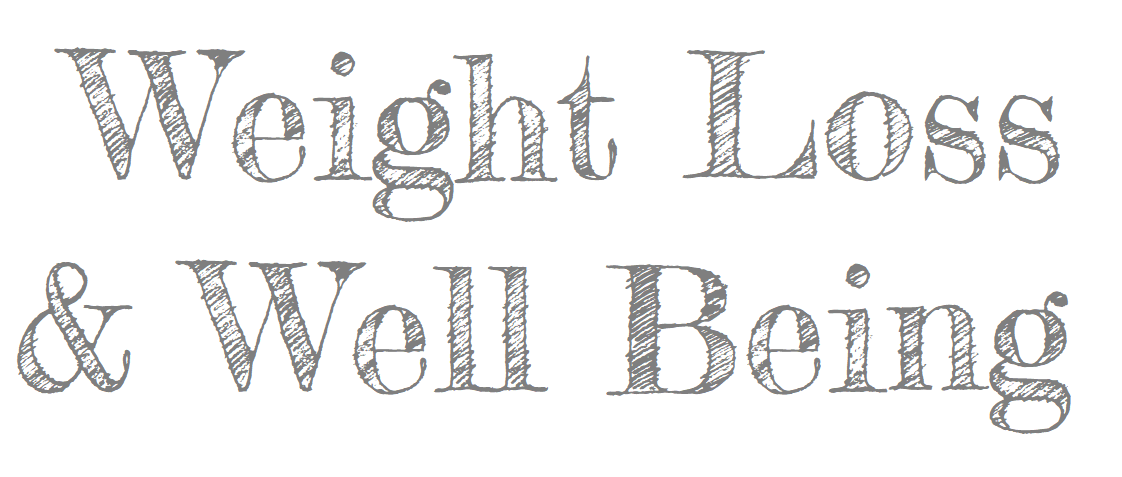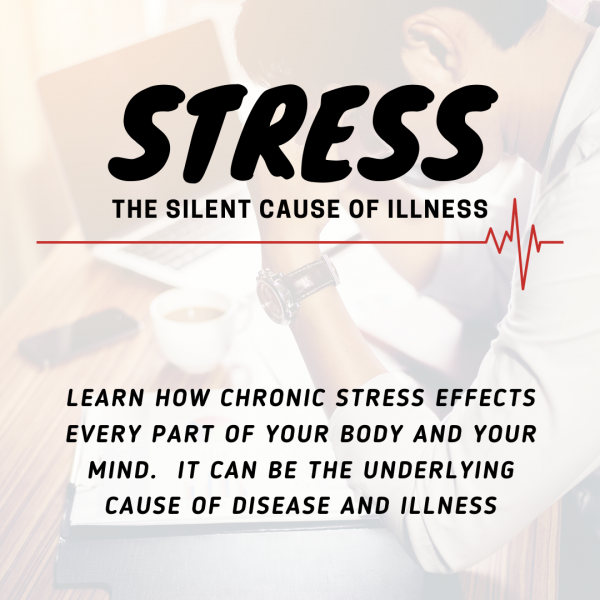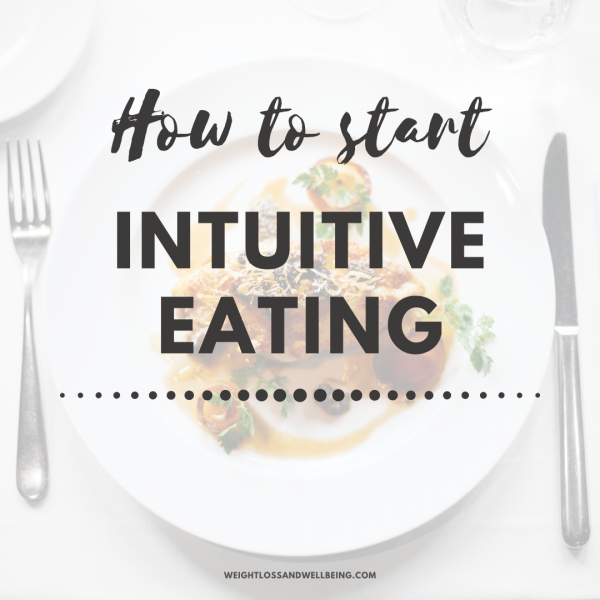Learning how to start journaling can seem tedious for someone who isn’t a writer. So here are a few tips and ideas for journaling beginners to start their daily practice.
What is Journaling
I’m pretty sure you’ve heard of journaling at some point in your life. Whether you’ve had to do it for a class, or simply had that pink glitter diary with the cool lock on it in 2nd grade, you’ve probably written about something personal.
Journaling is the grown up version of keeping a diary. A diary is about keeping track of events and personal thoughts, whereas journaling is a more intentional and reflective style of writing.
It can come in many forms with many different purposes and used for myriad reasons.

But journaling can be one of the most self-illuminating methods of reflection in our toolkit. Learning how to journal effectively for yourself will teach you about your emotions, deep traumas, and paths to healing.
Why Should You Journal?
We’ve talked about the conscious and subconscious mind before. But if you’re not sure what I’m referring to check out our post What is the Subconscious. Basically the cliff notes are that we have an active conscious, “thinking” mind that we are most familiar with. And we have a more mysterious and deeper subconscious, where all our “programming,” sense of self, and the stories we believe about ourselves are held.
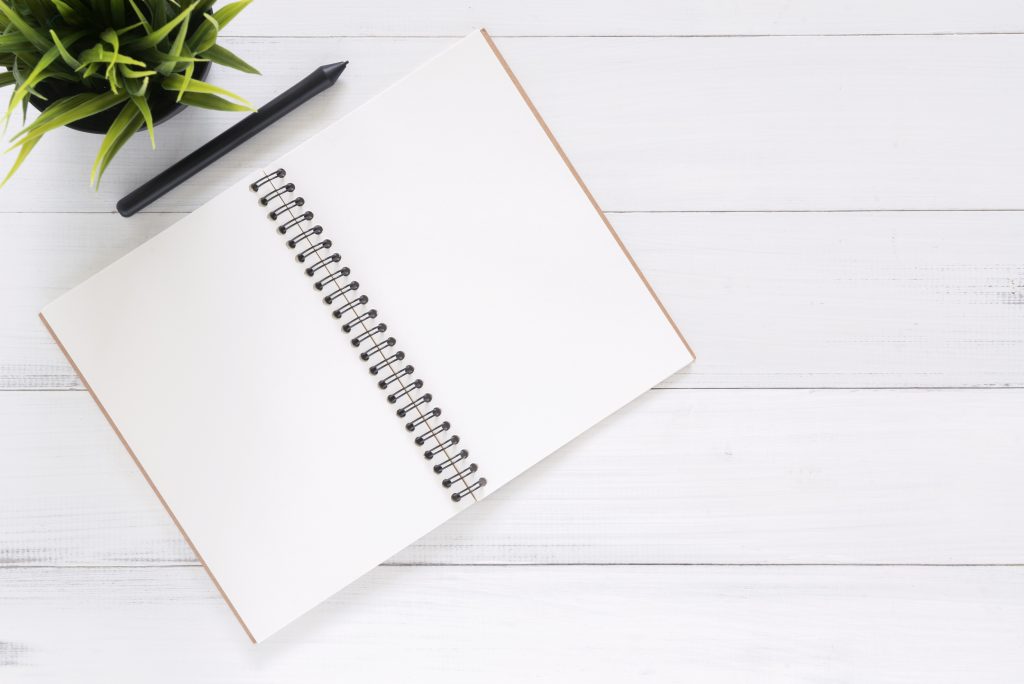
We can easily access our conscious mind and direct it to take action or speak up. But accessing and understanding the motivation and emotions that arise from our subconscious mind are far more illusive.
Those deep programs and stories we hold onto are what color our conscious mind, create our motivations, and foster our emotions that affect our conscious actions and choices.
Now you can see, the origination of most of our intentions and ideas is the subconscious mind. It stays in the shadows but its reach extends far into our current reality and current consciousness.
If you want to change this current reality, you must start at the very beginning. So many try to work on their conscious mind, thinking they can fix themselves. But what they don’t realize is that all of the issues, and lies we tell ourselves are deeply programmed into our subconscious mind. Which is difficult to access and almost impossible to reprogram.
But it is possible, just very difficult, and takes much time, practice, and consistency. Journaling can be one of the first steps to start shining a light on those stories and concepts you hold about yourself and the world you live in.
By journaling, and asking yourself thoughtful questions, and allowing your mind to wander through its web of beliefs and truths, you can start to unravel the deep “truths” you hold.
With a daily journaling practice, we can use the information we glean from ourselves for self improvement, self healing, and self reflection.

There are few types of journaling. There is current journaling, future self journaling, and past self journaling. All have different methods and goals, but ultimately support the same intention of self improvement and self reflection.
How to Start Journaling
The first place to start is with the method. Do you like to hand write, do you prefer to type, or even talk? You don’t have to be an author or a good writer to learn how to start journaling. Odds are you have something to say, you just need to find a way to express it.
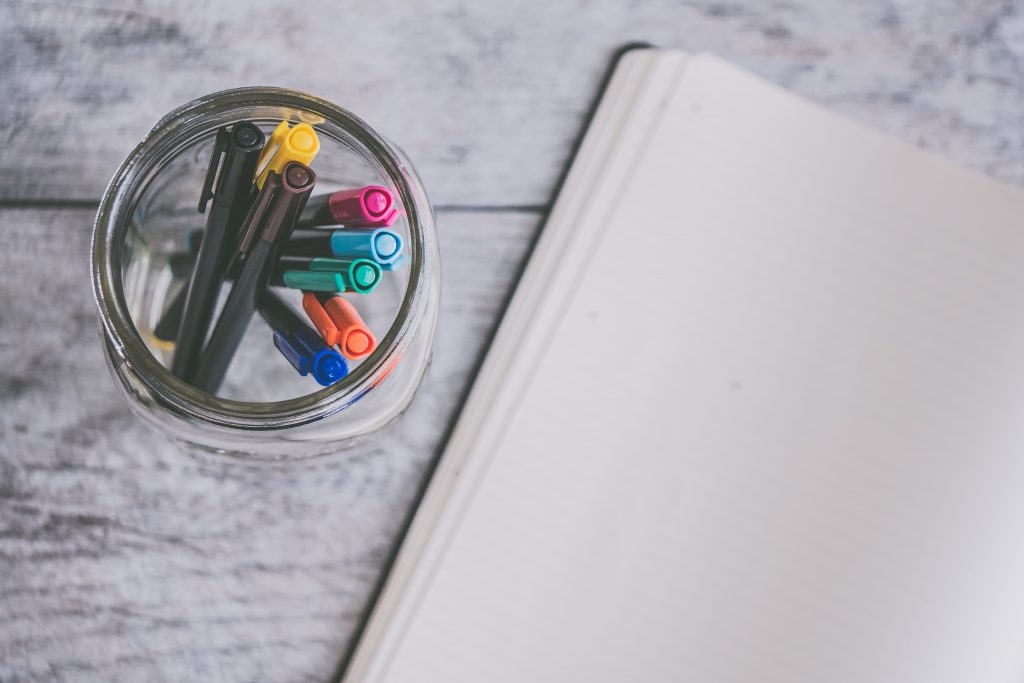
You can choose to use a physical journal and pen (make sure to choose one that you enjoy, and use a pen that is conducive to your penmanship and writing style).
Here is the old-fashioned journal I use. I love this journal because it inspires my creativity and warms a deep part of my soul. Choose something that stirs you.
Likewise, you can keep a word document on your computer that you can type in, if you find that easier. Occasionally my thoughts spill so quickly that my pen can’t keep up and I prefer to type (thanks to the 100+wpm I can usually keep up with my mind).
If writing isn’t really your jam, you can also keep an audio journal. I will also use this technique at times if I am thinking about things while driving or cleaning. I can talk my way through things, similiarly as if I was writing them down. Some people find this technique very effective because they can go back and relisten to certain things in their own voice to understand it even better.
Start small, and set a timer for 5 minutes. As you become more and more familiar, you will want more time. Some days, five minutes may be enough, and other days, you may write a novel.
But there is no reason to set an impossible goal. Learn to work with yourself, and know that some days will be easy and others will be harder.
Once you have your method down, it’s time to get some words out. If you’re new to writing and journaling, I have put together a list of 10 beginner journaling prompts below to start with. Choose one that speaks to you, or you feel you have something to say about it.
And if writing just seems overwhelming, you can experiment with bullet points, stream of consciousness writing, or even illustrating your thoughts and emotions. Remember this practice is for you, and needs to work for you. So focus on what seems to work best for you and only you.
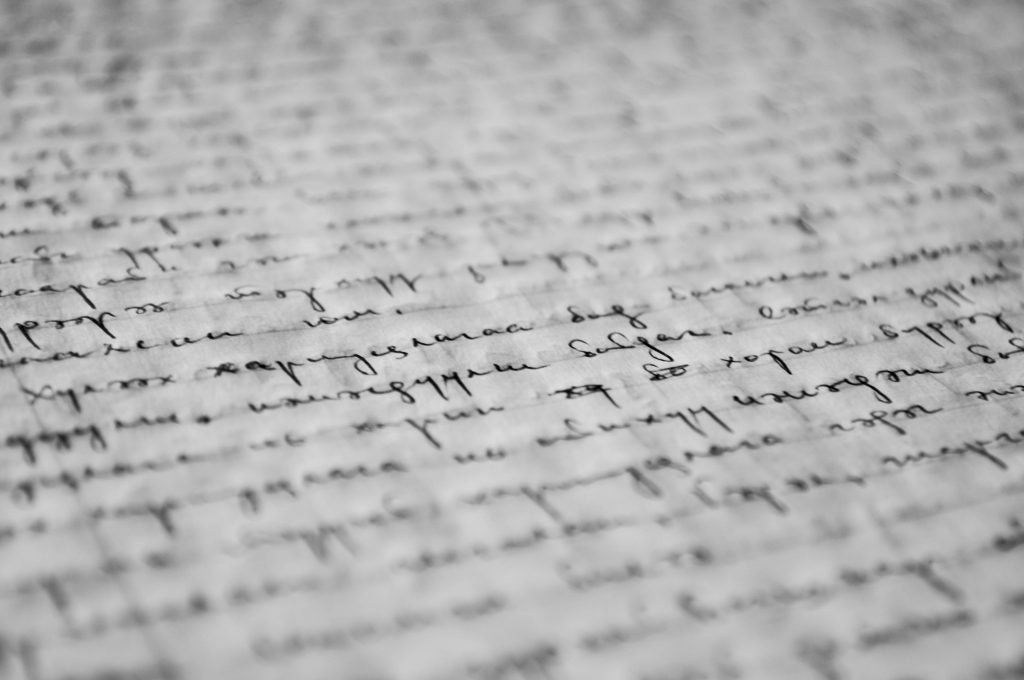
As you get used to these easy straightforward writing prompts, you can start to delve into deeper more thoughtful ones. But the goal is to expand upon the things that arise as you write.For example, you may use the prompt to write about a significant memory that plagues you. As you walk through the details of the memory and put them down on paper, you may realize a portion of that memory is difficult for you to recall.
Or it brings up strong emotions, that is where you need to look. Start writing more about those emotions, why they are arising, and what they could be telling you. Expanding upon your own thoughts, feelings, emotions, and motivations are the key to peeling back the layers of your subconscious programming.
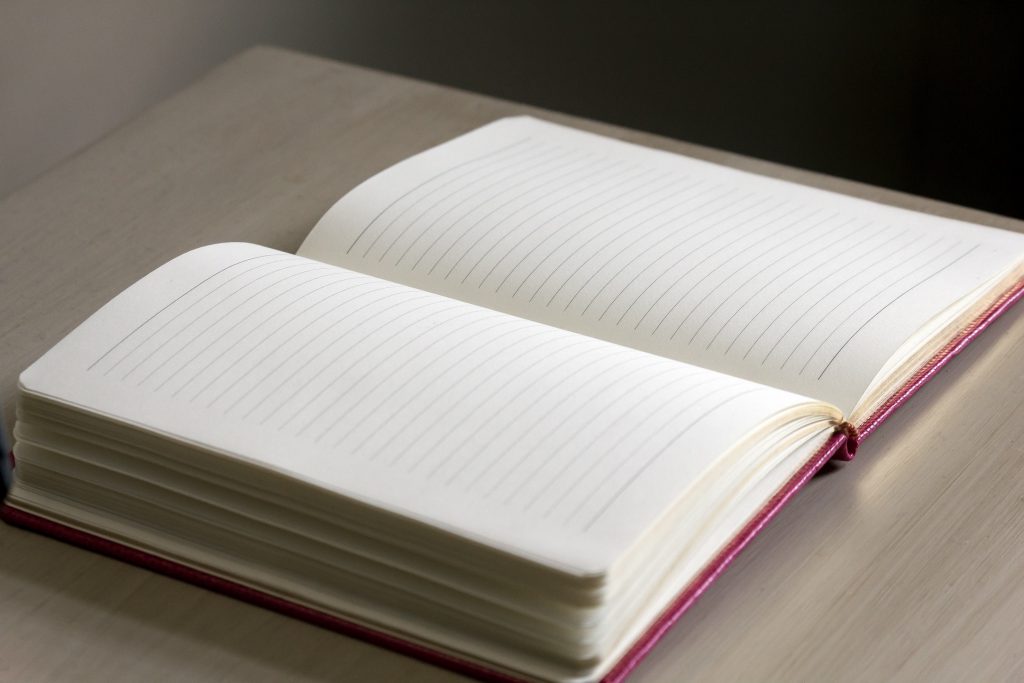
It may be slow and difficult in the beginning, and you may feel as though this tedious task is not bringing you results. But as you become more familiar with your own thought patterns and intentions.
And it will become easier recognize issues or triggers. And once you can recognize them, you can shine the light on those and start to break them apart.
Question your perceptions, your beliefs, and your reasons. Sometimes you’ll find that a lot of your beliefs stem from completely misunderstood experiences or events from your childhood.
These are called microtraumas, and because of our lack of emotional intelligence in our childhoods, we frequently misunderstood the intentions and actions of those around us. And our subconscious held onto this misinterpretations and built our self image and beliefs on these.
So you can see why it is so important to understand these subconscious motivations and sense of self. Because a lot of what we think could be lies we are holding onto and are the cause of the issues we face in our lives.
10 Beginner Journaling Prompts
Describe the day you had and how you feel.
Recall significant a memory.
Describe a trip or experience that was important.
Describe and break down a portion of your daily routine.
Create a list of things you are grateful for.
Describe a goal you have and your plan to achieve it.
Write a short autobiography.
Write a letter to a friend.
Describe a dream day.
Describe an activity that makes you happy and why.
